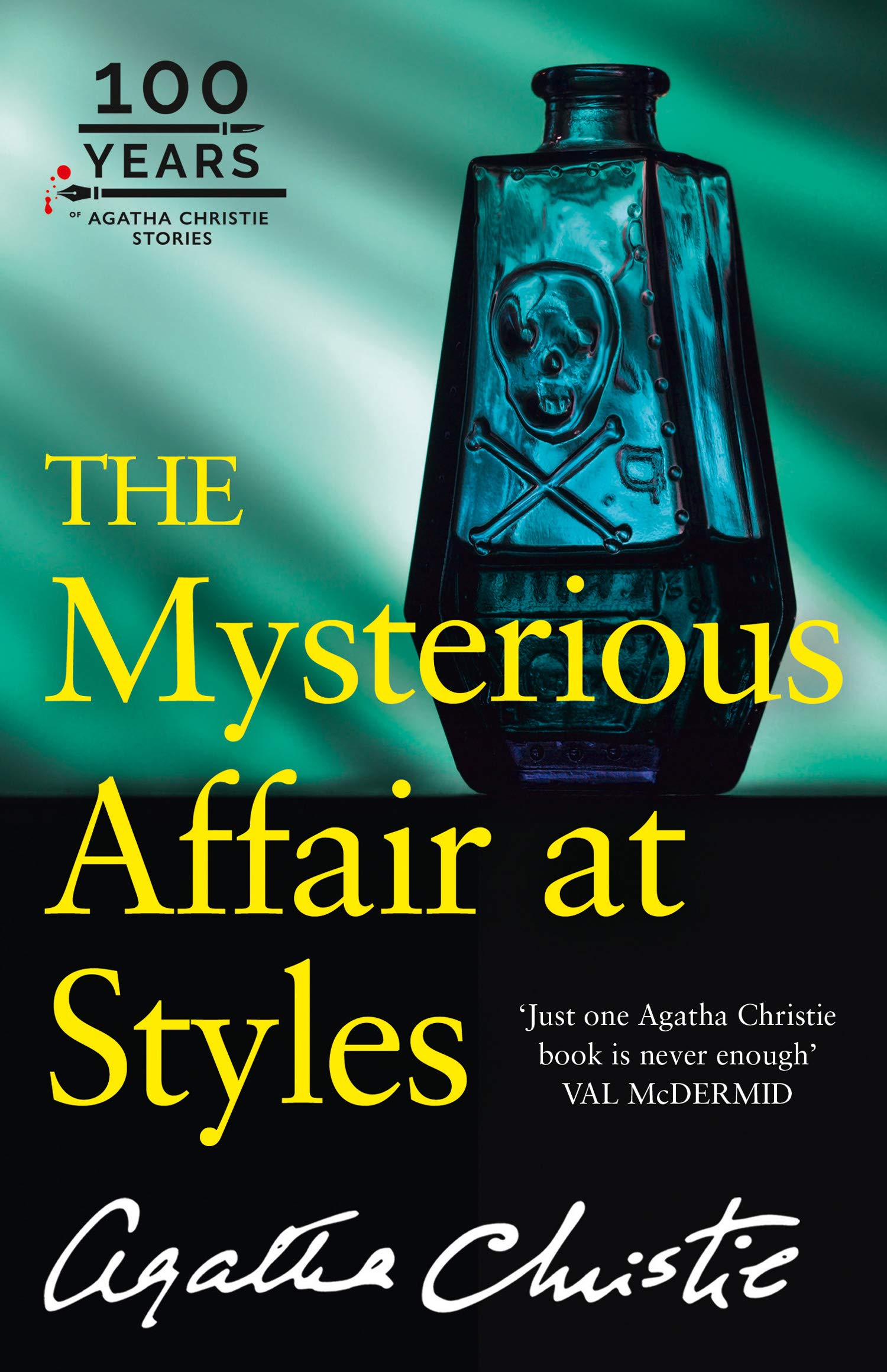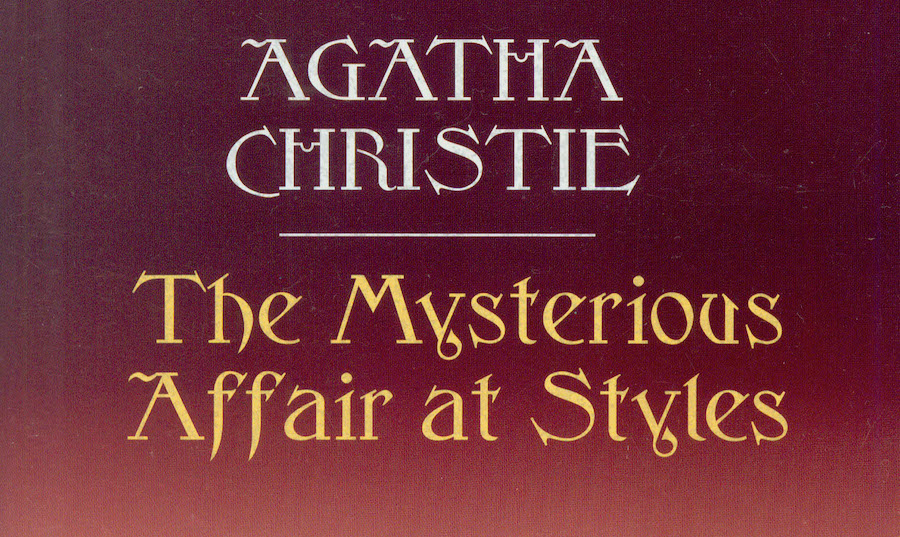


Hastings celebrates Dorcas as a "good old-fashioned servant" (136) because she reinforces the idea that hierarchy is a positive thing-something for which to be nostalgic. To Dorcas, they can do no wrong even when the family whom she serves is pitted against each other, Dorcas sees them all as being in the right, or at the very worst, worthy of forgiveness. Mary?ĭorcas is described, and adored, by Hastings in terms of her loyalty to Emily Inglethorp and the Cavendish brothers. How does Christie's portrayal of Dorcas reinforce the hegemonic nostalgia of "Merrie Olde England"? How does the novel portray class in Styles St. Mary he romanticizes its tranquil meadows, because he has seen the carnage of war not so far from the tea and tennis courts of the landed gentry of Essex. The war also affects the way Hastings views the idyllic landscape of Styles St.

One of the first things John mentions when he picks up Hastings from the station is how little gas is in his tank. The war affects how people eat and expend resources it causes people to ration food, gas, paper, and stamps. The war is also a regular topic of conversation at Styles Court, which is described by Emily Inglethorp as a "war household" (11). He also notes that Poirot has gained a limp since he last saw him, and since Poirot is a refugee of the war from Belgium, one easy conclusion is that he sustained an injury from some battle in his home country. Hastings returns to England a veteran of WWI, with injuries from the war. What are some of the effects of the novel being set in the midst of WWI? Give at least three examples.


 0 kommentar(er)
0 kommentar(er)
